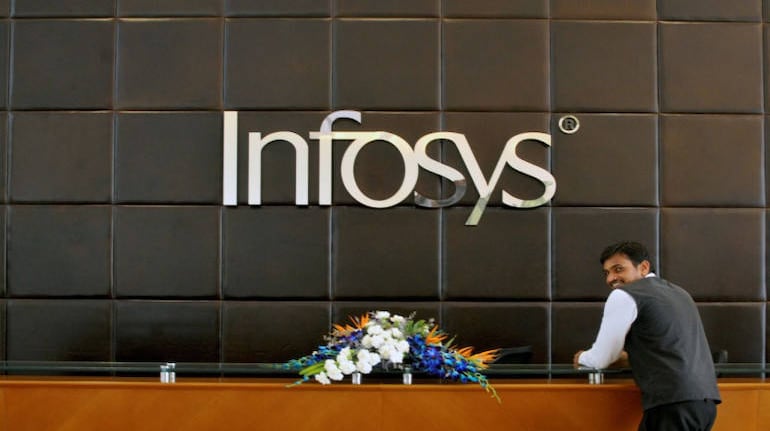
Infosys Global Education Centre in Mysuru, dubbed heaven on earth by its trainees, is spread across 337 acres of land with the build area of 12 million sq ft. The total investment in the centre was close to Rs 2,055 crore.
The centre, which is usually buzzing with trainees, is empty since they have been sent home due to the COVID-19 outbreak. The training is now virtual. It is unclear if it would become a permanent feature.
The story is more or less the same for other IT firms such as TCS, Wipro or HCL Tech, where majority of the employees continue working from home (WFH).
In the post-COVID-19 era, it makes one wonder, if the campuses will be relevant, especially when remote working and training is becoming a norm.
Executives in IT firms, real estate experts and human resources told Moneycontrol they are positive that swanky IT campuses are here to stay though the demand may see a short-term dip in the next few months.
IT Real estate
According to Asia Pacific Officer Markets report, since the virus outbreak, Indian’s Silicon Valley Bengaluru saw enterprises, including tech firms, postpone decisions related to corporate real estate. This was in sharp contrast to the momentum the city witnessed in 2019, when demand for driven by IT/ITeS and co-working sectors.
Kanchana Krishnan, Senior Director, JLL India, a real estate consultancy firm, said, “However the medium to long term we expect commercial real estate to bounce.”
Huge campuses are here to stay. Why?
The confidence is not without reason. For one, while WFH is easier for the executives, it is not the case for majority of the Indian population.
Significant number of IT workers stay with large families and smaller houses.
Take for instance Reema*. She stays in Chennai with her in-laws in a two bedroom house. Both Reema and her husband are WFH and have converted their bedroom to makeshift office. Taking calls at the same time is difficult and television is on all the time since her elderly in-laws are home and bored. Reema can’t wait to get back to office. There are hundreds of workers like Reema.
An executive pointed out that close to 60 percent of young IT work force in Bengaluru stay in PGs, where the infrastructure might not be enough for WFH for longer periods.
Anjali Raghuvanshi, Chief People Officer, Randstad India, pointed out that India is just warming up to the idea of WFH and is not the norm like the West.
"Once the lockdown is over and certain level of normalcy resumes, WFH will no longer be about working and there is every possibility of it being taken for granted by family. There will be more distractions," she said.
This would lead drop in productivity, which had gone up in the last few weeks.
VV Apparao, Chief Human Resources Officer, HCL Tech, explained to Moneycontrol that while the productivity has seen 16-20 percent increase during lockdown, it is unclear if it would still remain high once the lockdown ends.
"People will have other responsibilities then like children going to school and you are going to get things from outside. There could be lot of distractions," he said. The company is currently looking at how the model is changing, and have a team that is working on the new normal.
The other issue, a top executive from an IT firm pointed out, would be mentoring young techies. Even if training go virtual, there is only so much they can understand from them.
"There is a lot they can learn from watching their seniors at work in terms of handling projects as a team. At least for that being in a team would be important," the executive said.
Mental health
Work life balance is becoming a challenge as well. Techies Moneycontrol spoke to have been working more hours than they would in office.
"There is hardly any life out of work,” admits a senior IT professional.
"How will companies ensure that they are not burnt out," asks Krishnan.
IT firms have put in place controls where employees can reach out to mental health professionals. However not many are sure about how helpful it would be in longer run. Even Satya Nadella, CEO, Microsoft, in a recent media interaction said that permanent WFH could be damaging to employees.
But that does not mean that the very idea of WFH culture will dissipate. The number of people working from home will increase compared to what it was before the virus break. It would offer more flexibility. However, it will not be the scale it is projected to be, say experts.
Follow our full coverage of the coronavirus outbreak here
Discover the latest business news, Sensex, and Nifty updates. Obtain Personal Finance insights, tax queries, and expert opinions on Moneycontrol or download the Moneycontrol App to stay updated!